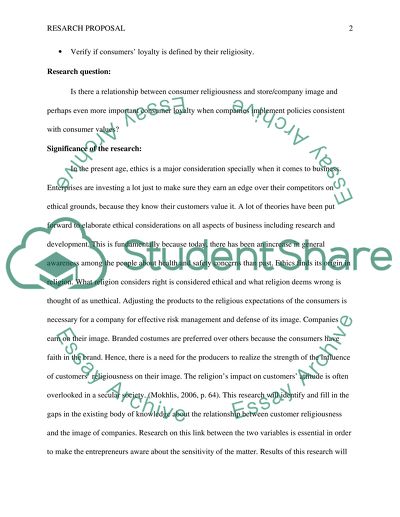Cite this document
(Religion, Religiosity, and Consumer Switching Behaviors Research Paper, n.d.)
Religion, Religiosity, and Consumer Switching Behaviors Research Paper. Retrieved from https://studentshare.org/social-science/1570565-relationship-between-consumer-religiousness-and-storecompany-image
Religion, Religiosity, and Consumer Switching Behaviors Research Paper. Retrieved from https://studentshare.org/social-science/1570565-relationship-between-consumer-religiousness-and-storecompany-image
(Religion, Religiosity, and Consumer Switching Behaviors Research Paper)
Religion, Religiosity, and Consumer Switching Behaviors Research Paper. https://studentshare.org/social-science/1570565-relationship-between-consumer-religiousness-and-storecompany-image.
Religion, Religiosity, and Consumer Switching Behaviors Research Paper. https://studentshare.org/social-science/1570565-relationship-between-consumer-religiousness-and-storecompany-image.
“Religion, Religiosity, and Consumer Switching Behaviors Research Paper”, n.d. https://studentshare.org/social-science/1570565-relationship-between-consumer-religiousness-and-storecompany-image.


